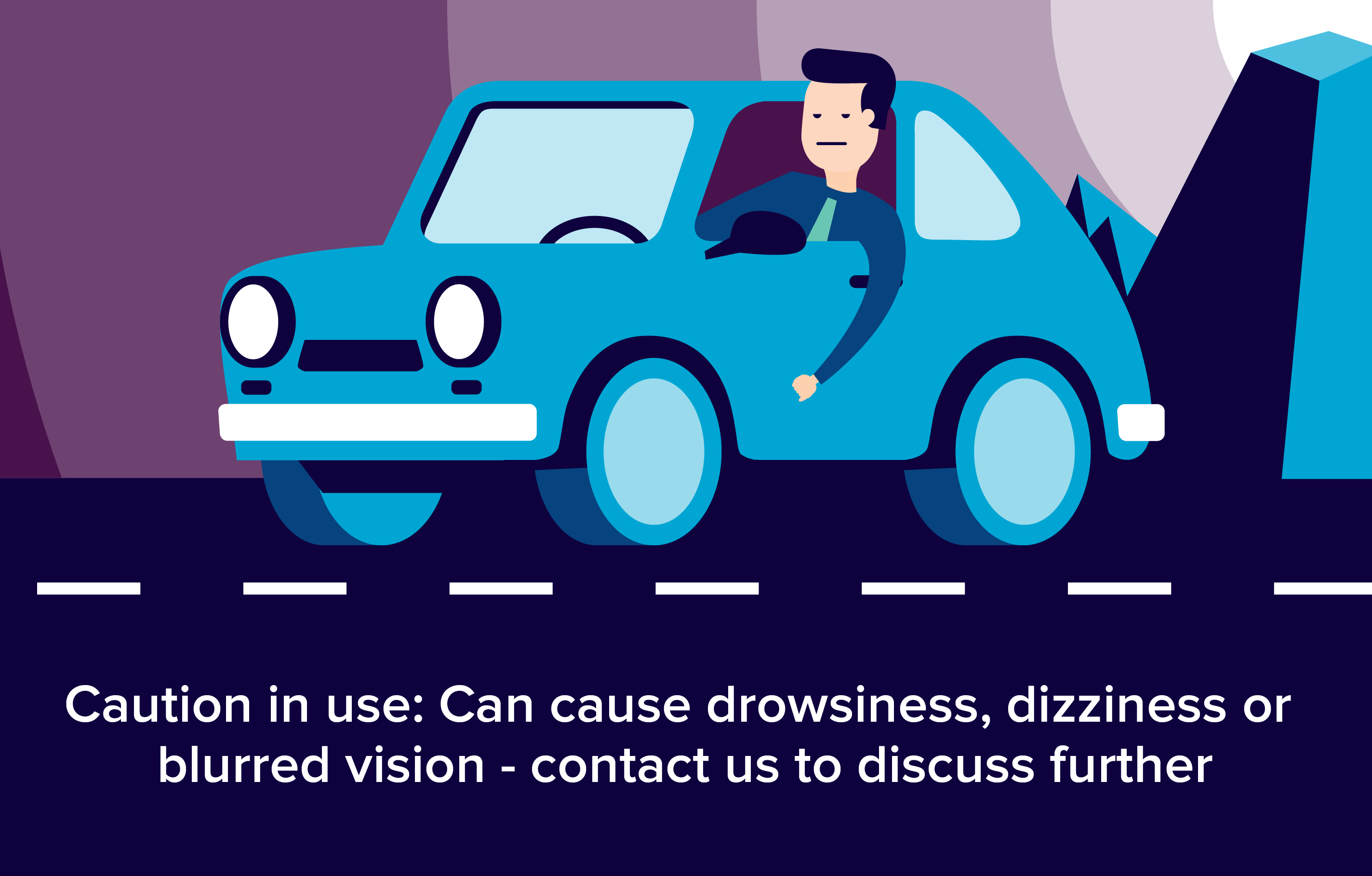The name of your medicine is Ikorel Tablets (called Ikorel in this leaflet). Ikorel contains a medicine called nicorandil. Ikorel is used to stop and treat long-term chest pain (angina).

Why have I been prescribed Ikorel?
The name of your medicine is Ikorel Tablets (called Ikorel in this leaflet). Ikorel contains a medicine called nicorandil. Ikorel is used to stop and treat long-term chest pain (angina).
How does it work?
- This belongs to a group of medicines called ‘potassium channel activators’.
- It works by increasing the blood flow through the blood vessels of the heart.
When and how do I take it?
Take this medicine by mouth:
- Swallow the tablets whole with a drink of water. Do not crush or chew the tablets
- If you feel the effect of your medicine is too weak or too strong, do not change the dose yourself, but ask your doctor
What’s the dose?
How much to take:
- The usual dose is 10mg or 20mg taken in the morning and evening.
- Your doctor might increase this to 30mg twice a day if necessary.
- The maximum dose is 40mg twice a day.
Could it interact with other tablets?
Please tell your doctor or pharmacist if you are taking or have recently taken any other medicines. This includes medicines you buy without a prescription, including herbal medicines. This is because Ikorel can affect the way some other medicines work. Also some medicines can affect the way Ikorel works.
In particular, do not take this medicine, and tell your doctor if you are taking:
- Medicines for impotence such as sildenafil, tadalafil or vardenafil
Tell your doctor if you are taking any of the following:
- Medicines that widen the blood vessels such as hydralazine, minoxidil or nitroprusside (vasodilators)
- Medicines for high blood pressure
- Medicines for depression
- Types of medicines called corticosteroids
Herbal products should also only be taken after talking with your doctor.
What are the possible risks or side-effects?
Like all medicines, Ikorel can cause side effects, although not everybody gets them.
Stop taking Ikorel and see a doctor or go to a hospital straight away if you have the following side effects:
Very Rare:
- Red and lumpy skin rash
- swollen eyelids, face, lips, mouth or tongue
- itching
- difficulty breathing or swallowing
This could be an allergic reaction (angioedema).
Rare
- Yellowing of your skin or eyes (which may be signs of liver problems)
Tell a doctor straight away if any of the following side effects trouble you:
Uncommon
- Increased or fast heart-beat
Very Rare
- Blood in your stools or vomit, due to ulcers in the stomach or gut
- Ulcers of the back passage, bleeding from the back passage
Tell your doctor as soon as possible if you have any of the following side-effects:
Very Common (affects more than 1 in 10 people):
- Headache. These are more common when you first start taking Ikorel
Common (affects less than 1 in 10 people):
- Feeling dizzy or weak
- Feeling sick or being sick
- Flushing of the skin
Uncommon (affects less than 1 in 100 people):
- Feeling dizzy, lightheaded or fainting (due to low blood pressure)
Rare (affects less than 1 in 1000 people):
- Mouth ulcers
Can I drink alcohol while taking it?
- Do not drink alcohol while taking this medicine.
What if I’m pregnant/breastfeeding?
Talk to your doctor before taking this medicine if you are pregnant, might become pregnant, or think you may be pregnant.
You should not breast-feed if you are taking Ikorel. This is because small amounts may pass into mothers’ milk. If you are breast-feeding or planning to breast-feed, talk to your doctor
or pharmacist before taking any medicine.
If you have any more questions please ask your Pharmacist.
Remember to keep all medicines out of reach of children
Please Note: We have made every effort to ensure that the content of this information sheet is correct at time of publish, but remember that information about drugs may change. This sheet does not list all the uses and side-effects associated with this drug. For full details please see the drug information leaflet which comes with your medicine. Your doctor will assess your medical circumstances and draw your attention to any information or side-effects which may be relevant in your particular case.
References:
http://www.drugs.com/uk/ikorel-10mg-tablets-spc-17383.html
http://www.netdoctor.co.uk/medicines/heart-and-blood/a6896/ikorel-nicorandil/
https://www.medicines.org.uk/emc/medicine/27352/
http://www.hpra.ie/img/uploaded/swedocuments/2150043.PPA0465_103_002.9a8fc971-5960-4934-a595-c20ff89f8b4e.000001PIL%20Ikorel.140908.pdf
http://www.mydr.com.au/medicines/cmis/ikorel-tablets

